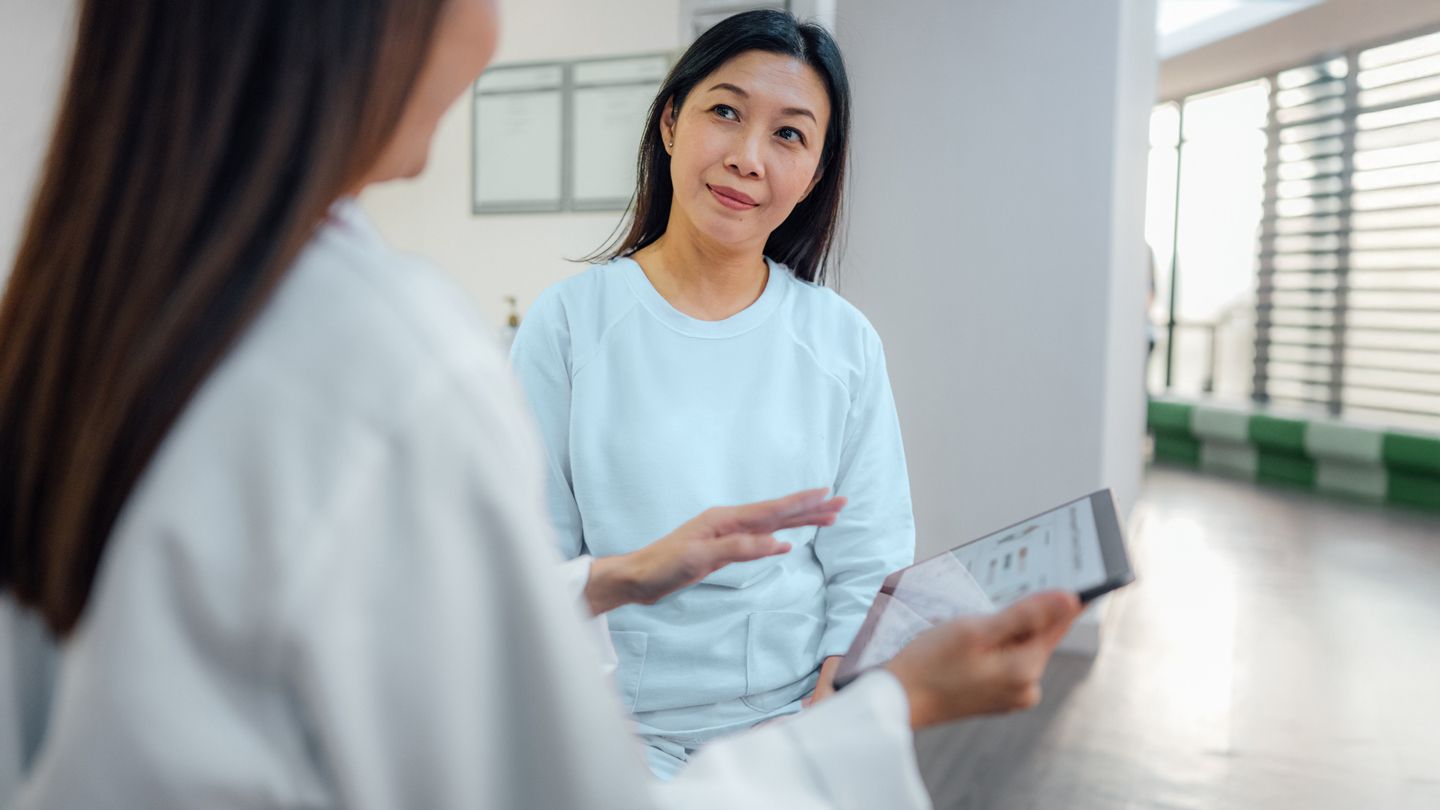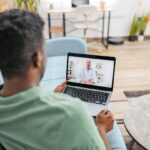Advocating for yourself doesn’t stop at your doctor’s office, school, or work. It’s just as important in your personal relationships. Protecting your energy means being honest about what you can handle, even if it means saying no sometimes.
“Saying no to dinner tonight is really saying yes to getting extra sleep, which means you’ll have energy for something else [that may be] more important [to you],” says Ryan. “You’re being honest with yourself.” Turning down large gatherings, such as weddings, reunions, or church events, is also important during cold and flu season, when you’re feeling run down, or simply to protect yourself from additional exposure.
Try these easy ways to communicate your needs clearly and kindly while protecting your health and energy:
- Keep it simple. Saying something like, “I’d love to join, but I need to rest tonight,” goes a long way without overexplaining.
- Ask for specific help. People want to support you but may not know how. Try saying, “Could you pick up a few groceries for me this week?” or “Can we catch up over the phone, rather than getting together in person?”
- Offer alternatives. Suggest low-energy ways to connect, such as a short walk instead of a night out. Then you’re still showing up, just in a different way.
- Give a little context. If loved ones don’t understand, explain gently, “I have a weakened immune system, so I have to be extra careful about overextending myself, even when I want to say yes.”
- Let go of guilt. “Feeling guilty means you care,” says Ryan. But taking time to rest isn’t selfish. It’s essential. “Saying no doesn’t mean you’re letting people down. It means you’re listening to your body,” says Ryan. That way, you can show up in ways that matter to you.
Acknowledging your needs and following through on them takes practice, she says. “Self-advocacy is a skill you build in low-stakes moments, so you can rely on it in high-stakes situations.”
Read the full article here




